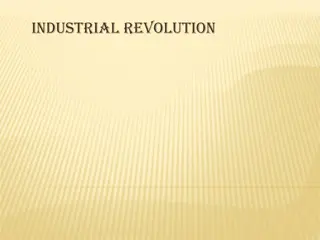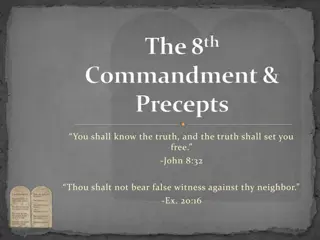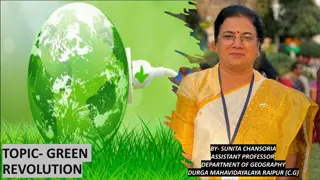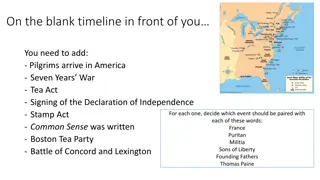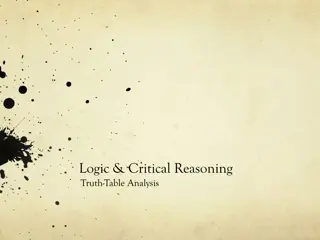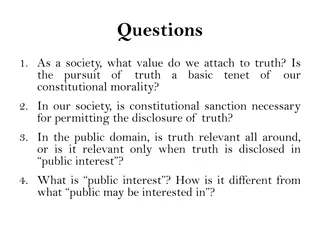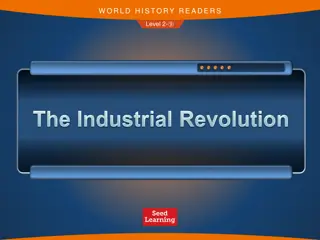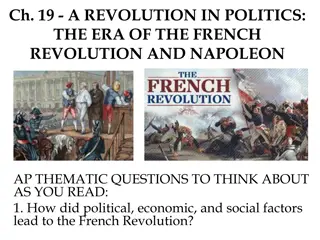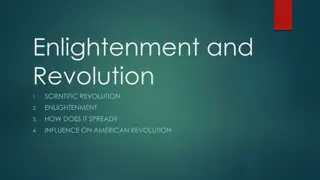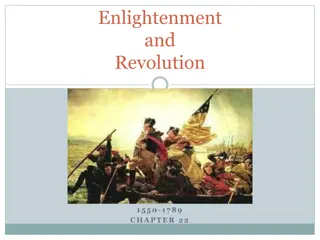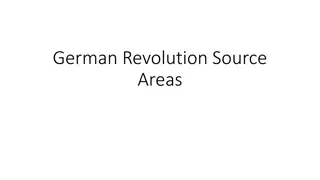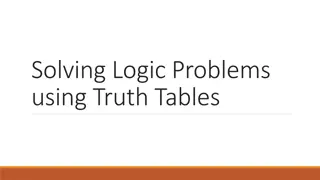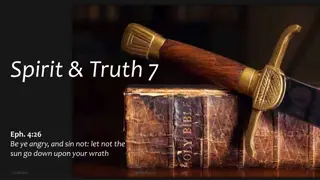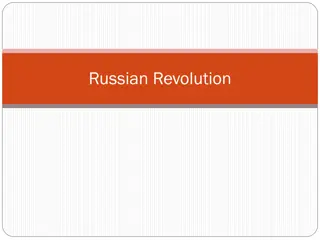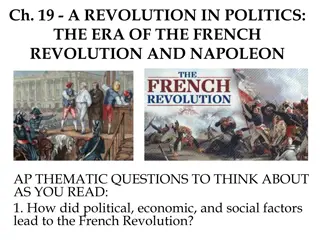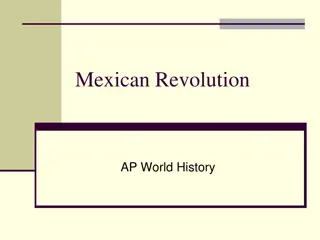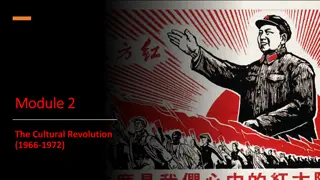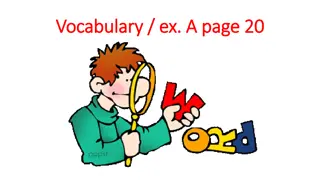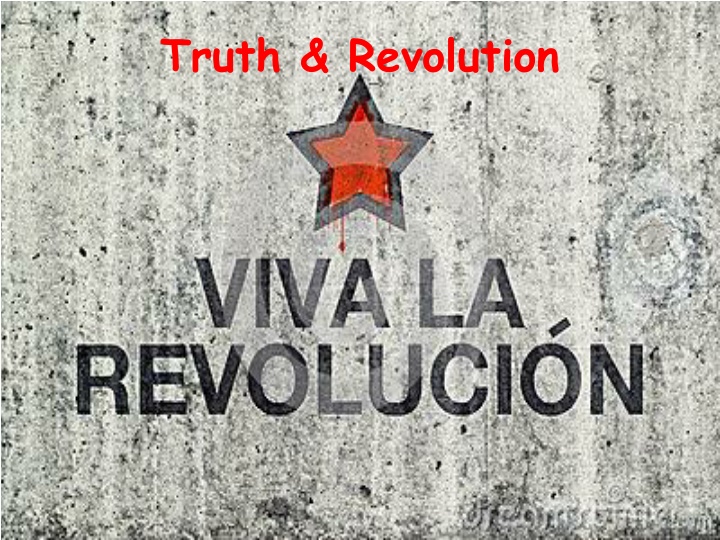
Quote: "Truth & Revolution" - Exploring Deceit, Truth, and Revolutionary Acts
Delve into the thought-provoking quote about truth and revolution, analyzing the meanings of universal deceit, revolutionary acts, and more. Unravel the essence behind the words and grasp a deeper comprehension of the message.
Download Presentation

Please find below an Image/Link to download the presentation.
The content on the website is provided AS IS for your information and personal use only. It may not be sold, licensed, or shared on other websites without obtaining consent from the author. If you encounter any issues during the download, it is possible that the publisher has removed the file from their server.
You are allowed to download the files provided on this website for personal or commercial use, subject to the condition that they are used lawfully. All files are the property of their respective owners.
The content on the website is provided AS IS for your information and personal use only. It may not be sold, licensed, or shared on other websites without obtaining consent from the author.
E N D
Presentation Transcript
Who said that? It turns out that George Orwell didn t say, During times of universal deceit, telling the truth becomes a revolutionary act. There s an entire web page dedicated to explaining where this quote might ve actually come from, if you re interested in looking. In any case, it s an interesting quote and one worth thinking about.
What does it mean? So let s take a closer look at this quote. You probably have many questions, like what is universal deceit ? What s a revolutionary act ? These are very good questions. So, your first task is to look up each of the words you don t know. Also, look up the words you think you already know. There are many times when we may believe we know what a words means, and while this may be true, and we know the gist of the meaning, there may be much about the meaning of a word that we don t know. Looking up the word and reading all the definitions associated with that term can be very enlightening. Try it.
What does it mean? Let s start with universal. If we look up the word in the dictionary (you can look at thefreedictionary.com), we see that the word can function as two different parts of speech: an adjective and a noun. To know which part of speech universal is being used as, let s look at how it s used: universal deceit. Universal is in front of a noun and it s modifying this noun. So, it s an adjective. That means we should read the definitions for the adjective form of universal. After reading all the defintions, create a definition of your own using your own words.
What does it mean? Now, let s look at deceit. What s the dictionary definition? You might notice that a version of the word is in its definition. This isn t very helpful, is it? So, instead, let s look up deceive. Much better, no? Now write a definition of deceit using your own words. Remember, deceit is a noun, and deceive is a verb. So the wording of a definition for deceive, the verb will be somewhat different from the definition for deceit, the noun. (Eg. to limit- (v) to create one or more boundaries or restrictions; a limitation a boundary or restriction)
What does it mean? Continue looking up the words truth, revolutionary, and act. After reading the defintions for each, be sure to create a definition of your own for each.
What does it mean? Now we should have a better understanding of the important terms in the quote. The next step will be to paraphrase the quote in your own words. Here s the quote again: During times of universal deceit, telling the truth becomes a revolutionary act.
Where can we this? Now, let s think about how this might be true in our world today. Has there been anyone who is compelled to tell the truth in the face of harsh opposition? How might this be called revolutionary? How might it be seen as revolutionary? Write a 100-word response.
Homework 1.) In your own words, define: universal, deceit, truth, revolutionary, act 2.) Paraphrase the quote. 3.) Offer an example of where we have seen truth-telling as a revolutionary act. 4.) Explain how this example demonstrates a revolutionary act. In other words, why is this example of truth-telling a revolutionary act?

